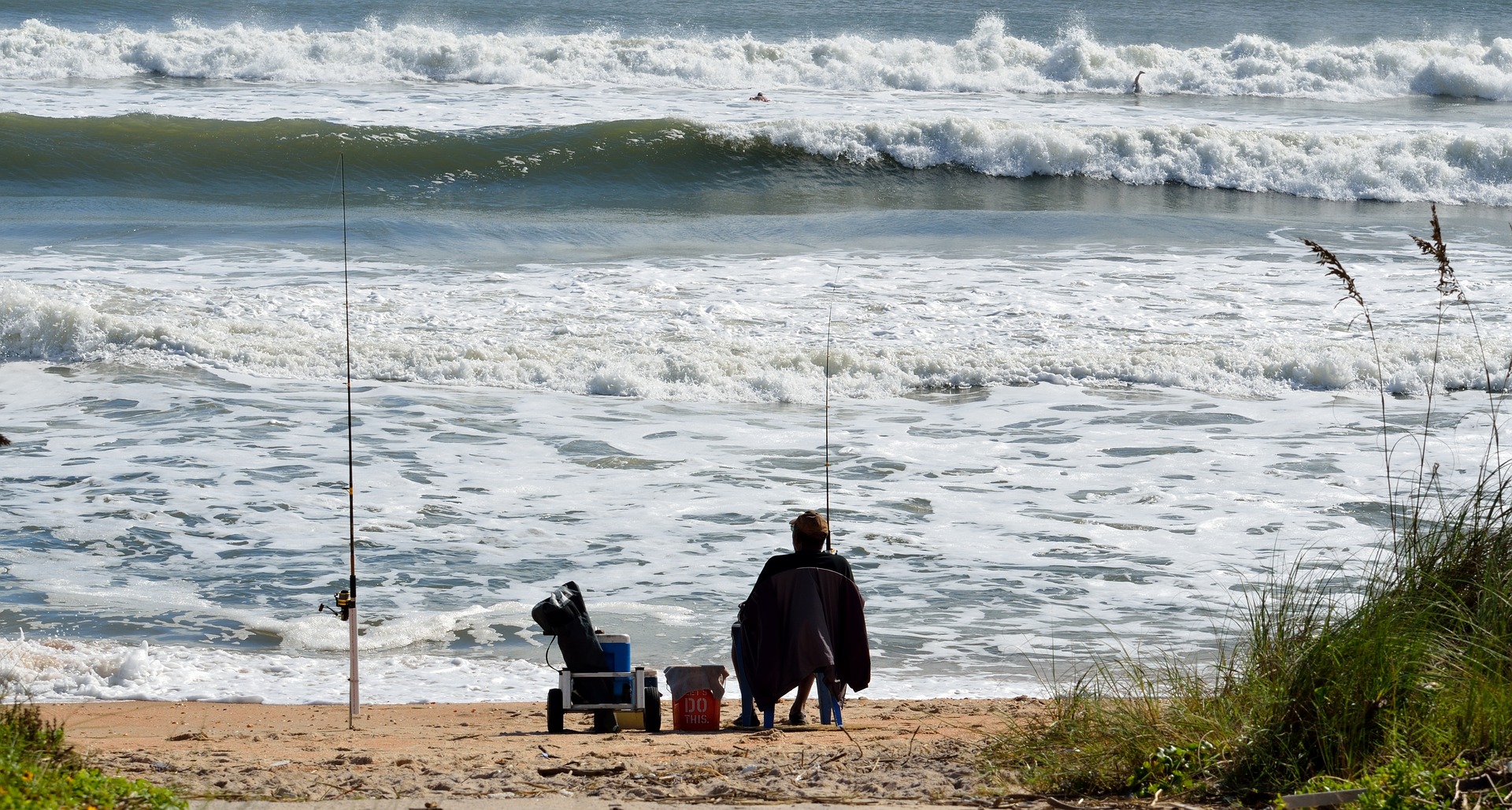
24 Nov I’m a teacher. How will my pension be taxed?
Photo: pixabay.comQ. I am a New Jersey public school teacher. I contribute 7.5% of my income to my pension. How does New Jersey tax my pension when I retire?
— Still working
A. Let’s first start by going over how teacher pensions work in New Jersey.
As a public teacher, you are enrolled in the statewide New Jersey Teachers’ Pension and Annuity Fund (NJTAPF).
The TAPF manages the retirement plan that gives teachers their pension benefits, said Atiq Ahmed, an Enrolled Agent and owner of Edison Tax Group in Edison.
As of July 1, 2018, the contribution has been increased to 7.5% of base salary, he said.
“The funding benefits come from three primary sources: employer contribution, employee contribution, and income from investing those contributions,” Ahmed said. “However, the value of a teacher’s pension is not determined by a teacher’s contribution, the state or school district, or investing in the market. It’s much simpler than that.”
There is a formula that calculates the pension based on years of services and final salary, he said.
Retirement plans are either noncontributory or contributory. Contributory plans include pensions, including teachers’ pensions, annuities and certain IRA withdrawals, he said.
A pension received prior to reaching 62 is considered early retirement and the benefits are fully taxable in New Jersey on NJ-1040, line 20a, Ahmed said.
He said teachers can make contributions to the pension plan using post-tax dollars, meaning the contributions are made after paying taxes, and that portion is non-taxable in New Jersey when received.
“It is important for teachers to track their contributions so that they are not double taxed,” Ahmed said. “Any contributions made through pre-tax dollars, meaning contributions made before paying taxes, are taxable when received since no tax was previously paid to New Jersey.”
There is a pension exclusion and unclaimed pension exclusion teachers can claim if at the time they receive pension they are 62 or older, Ahmed said.
The pension exclusion is claimed on NJ-1040, line 20b, he said.
“The amount of pension that can be excluded is the lesser of actual pension income or $75,000 for singles, $100,000 for married filing jointly and $50,000 married filing separately,” he said. “Even if you have small income from other sources, you may be able to exclude that income from tax if income is $3,000 or less from wages, net profits from business, distributive share of partnership income, and net pro rata share of S-corp.”
To qualify for the full pension exclusion, you must be at least 62 years of age or disabled based on federal Social Security guidelines, and their income must be under $100,000.
A new law gives some people who earn more a phased-out exclusion.
It permits a taxpayer with gross income of more than $100,000 but not over $125,000 to exclude 50% of the pension, and a taxpayer with more than $125,000 but not more than $150,000 of gross income can exclude 25%.
Email your questions to .
This story was originally published on Nov. 24, 2021.
NJMoneyHelp.com presents certain general financial planning principles and advice, but should never be viewed as a substitute for obtaining advice from a personal professional advisor who understands your unique individual circumstances.

